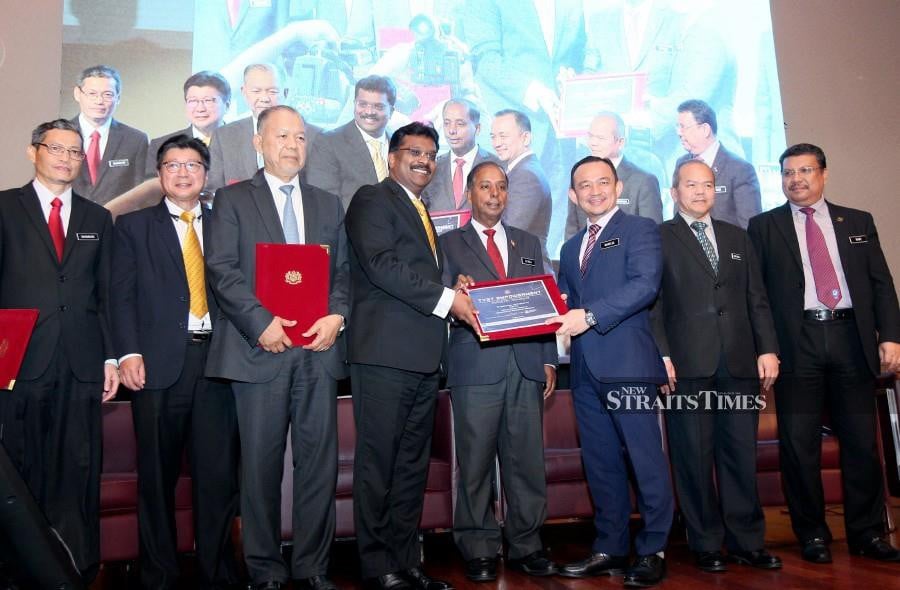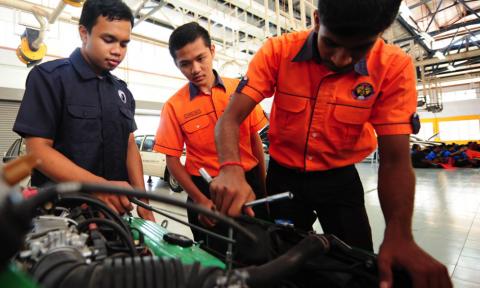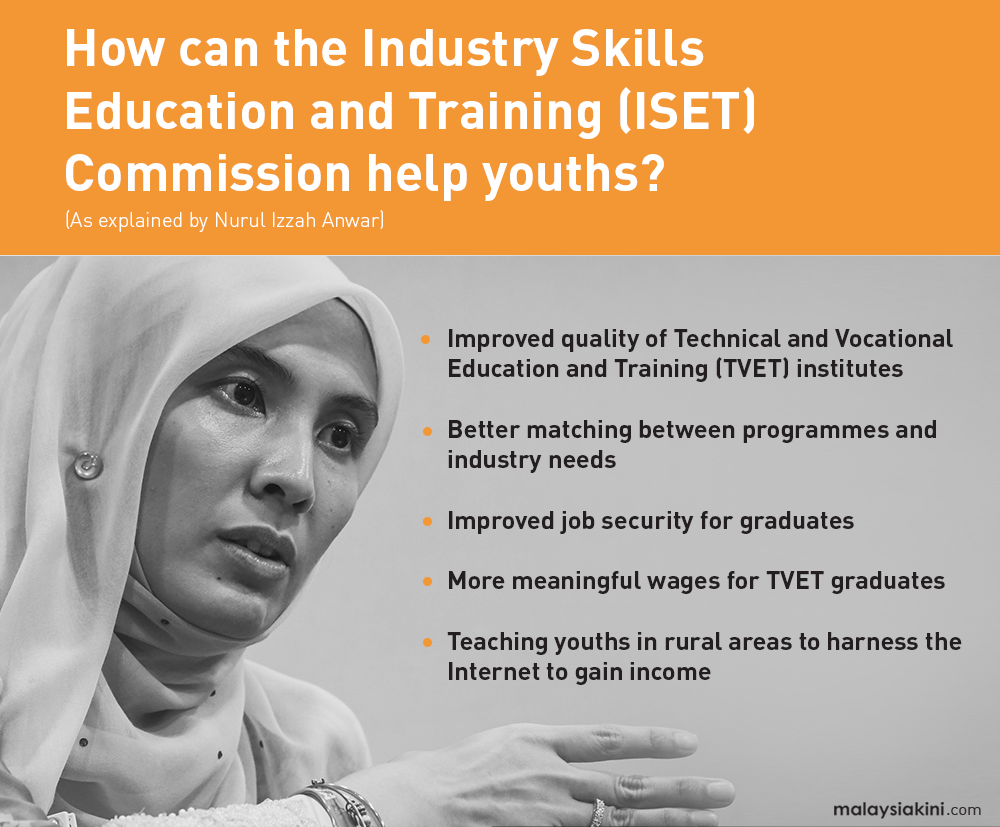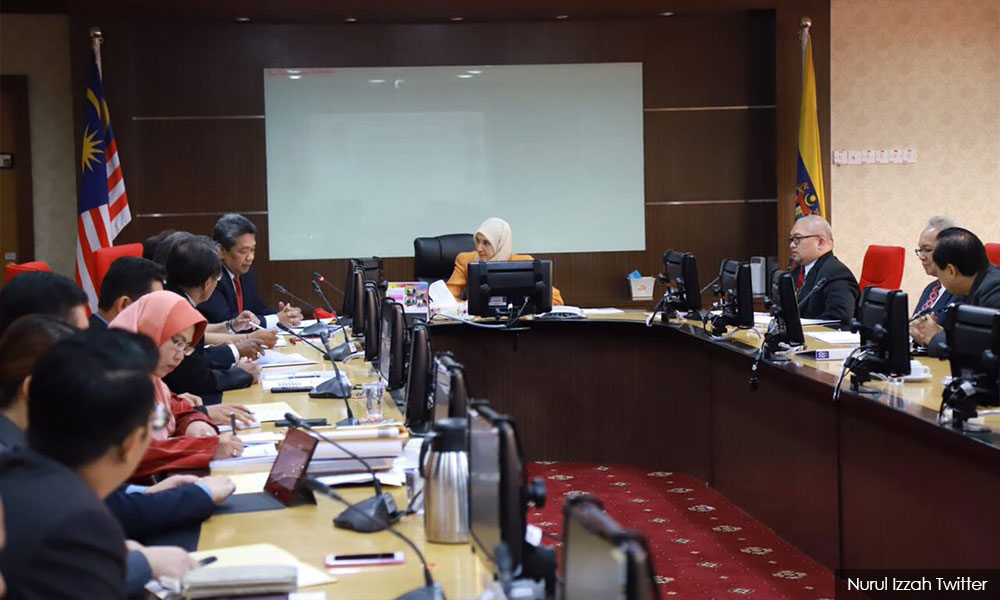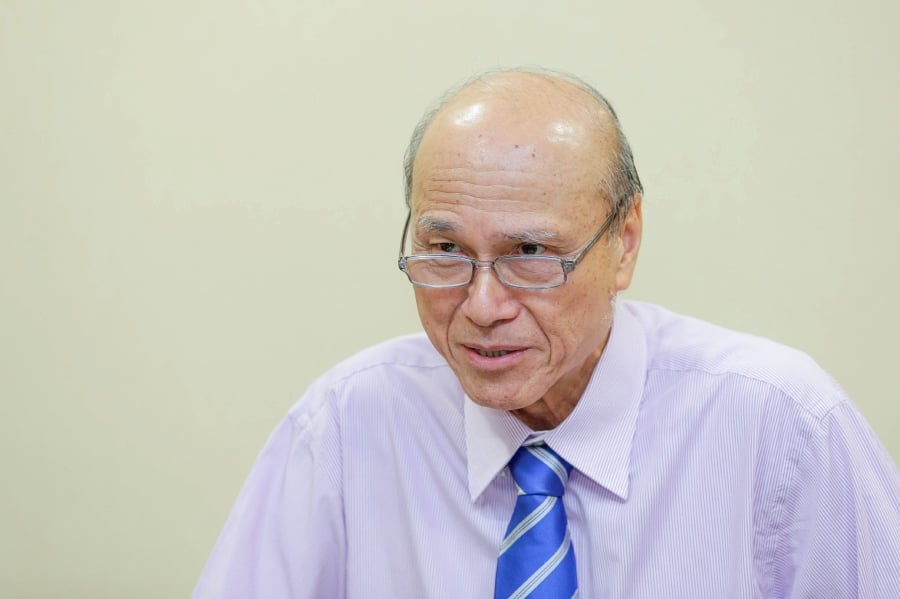
REALISING the indispensable role of Technical and Vocational Education and Training (TVET) skills to meet labour market demands, Yayasan Sime Darby (YSD) has extended its provision for the YSD Skill Enrichment Programme.
This is in line with the ongoing reform in the TVET sector which focuses on equipping the youth with employable skills in Malaysia.
Through YSD’s collaborations with its TVET partners, the fields of vocational study opportunities offered under the programme are broadened to support more Science, Technology, Engineering, and Mathematics (STEM) and creative arts courses.
Since 2012, the foundation has been awarding scholarships and bursaries worth over RM34 million to more than 1,300 students under this category.
“With the YSD Skill Enrichment Programme launched today, YSD’s annual allocation for TVET bursaries has increased more than 10-fold from 35 to 400, and we remain focused on assisting needy students,” he said last Wednesday.
Tunku Imran added that it was reported that currently, almost 90 per cent of TVET graduates have been able to get a job after graduation. With the support of the foundation’s TVET partners, YSD intends to push the number higher.
The event also saw YSD hosting its annual Scholarship Award Ceremony with the foundation awarding over RM21 million worth of various scholarships and bursaries to 584 deserving individuals, a majority of which are from underprivileged households.
In line with the government’s agenda to enhance TVET skills among Malaysian youth and recognising TVET as one of the keys to fulfil the country’s aspiration to become a developed nation, YSD is working with four strategic partners: The Department of Polytechnic and Community College Education under the Education Ministry, Sime Darby Industrial Academy, Ramsay Sime Darby Healthcare College and KRU Academy.
Under YSD Special Needs Bursary Programme (undergraduate and diploma bursaries for persons with disabilities), 29 recipients received more than RM1.04 million.
The YSD Special Support Bursary programme (undergraduate and diploma bursaries for students with monthly household income of RM4,000 and below) saw 216 recipients with bursaries worth RM7.56 million.
39 students with outstanding academic achievement and strong leadership qualities were awarded excellence scholarships worth RM4.75 million to pursue pre-university, undergraduate and postgraduate studies at universities in Malaysia, United Kingdom and China.
YSD also celebrated individuals with compelling stories who have weathered many challenges to beat the odds. Among the YSD scholars celebrated this year are individuals with compelling stories who have weathered many challenges to beat the odds. One of them is YSD’s TVET scholar Muhammad Afiq Aminuddin, who was awarded the YSD Role Model Award 2020.
Afiq, 29, who hailed from a single-parent B40 household in Penang completed his Certificate in Heavy Equipment from Sime Darby Industrial Academy in 2011. He worked at Sime Darby Industrial – Tractors Malaysia as a mechanic and electrician in heavy equipment maintenance and is now an accomplished field mechanic for Baker Hughes, an international energy technology company.
Muhammad Firdaus Abu Hassan, 29, the recipient of YSD Inspirational Award 2020, has proven that success is not beyond reach despite disability and poverty. Being completely blind since the age of 14, he remained ambitious and tenacious in chasing his goals.
He graduated with a Bachelor of Arts in Anthropology & Sociology, and then a Master of Professional Counselling, both with flying colours. His life story was documented and analysed in a postgraduate study to understand the development of resilience in the underprivileged.
Education has been the main thrust of YSD since its inception in 1982 to offer wisdom, expertise and assistance at all levels of education to promote and advance what people believe they can achieve, especially the underprivileged. To date, YSD has committed over RM289.7 million for scholarships and bursaries, benefitting a total of 4,441 students from diverse backgrounds.
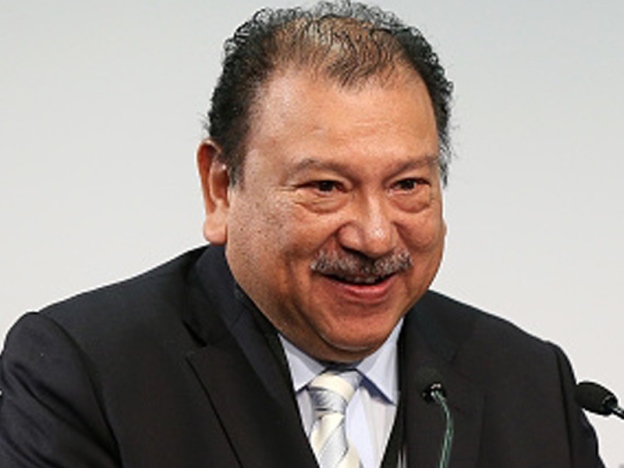
With the YSD Skill Enrichment Programme launched today, YSD’s annual allocation for TVET bursaries has increased more than 10-fold from 35 to 400, and we remain focused on assisting needy students.
